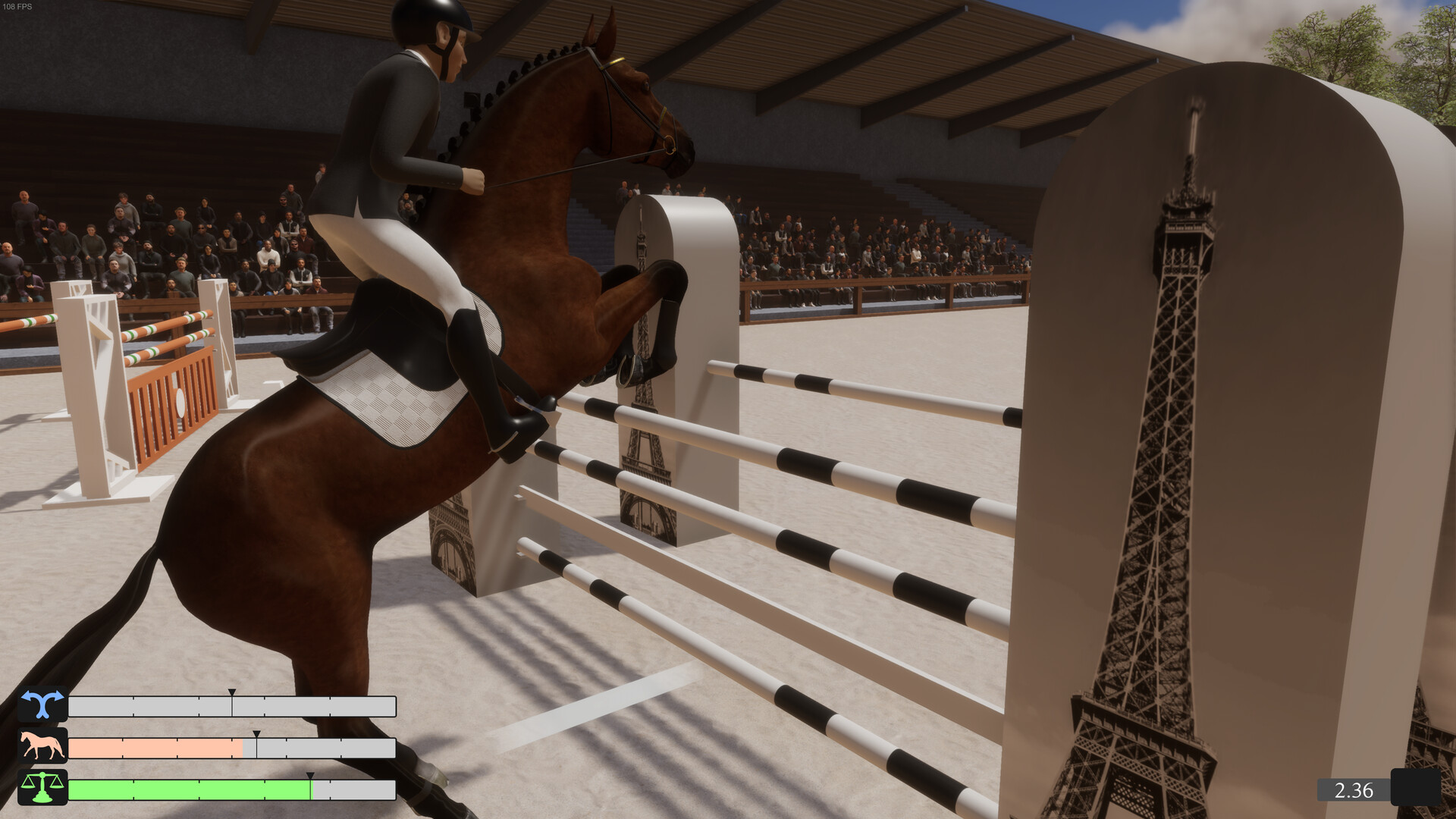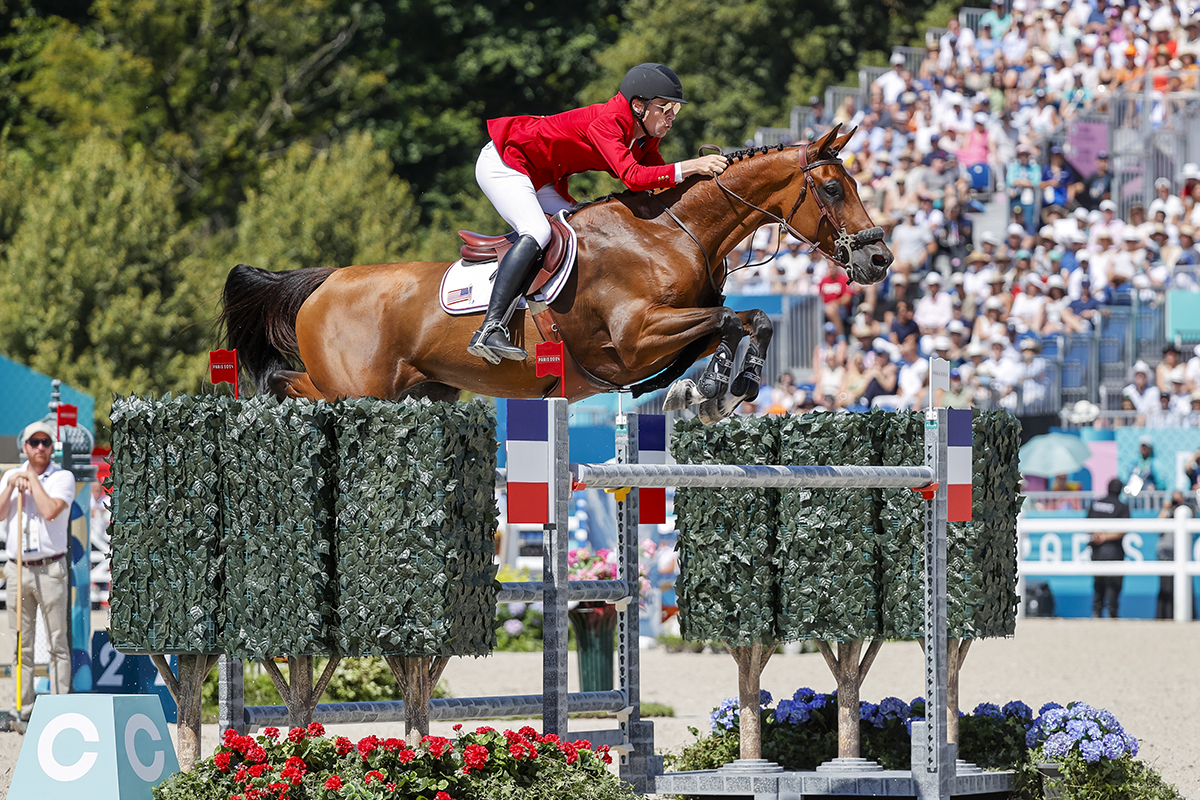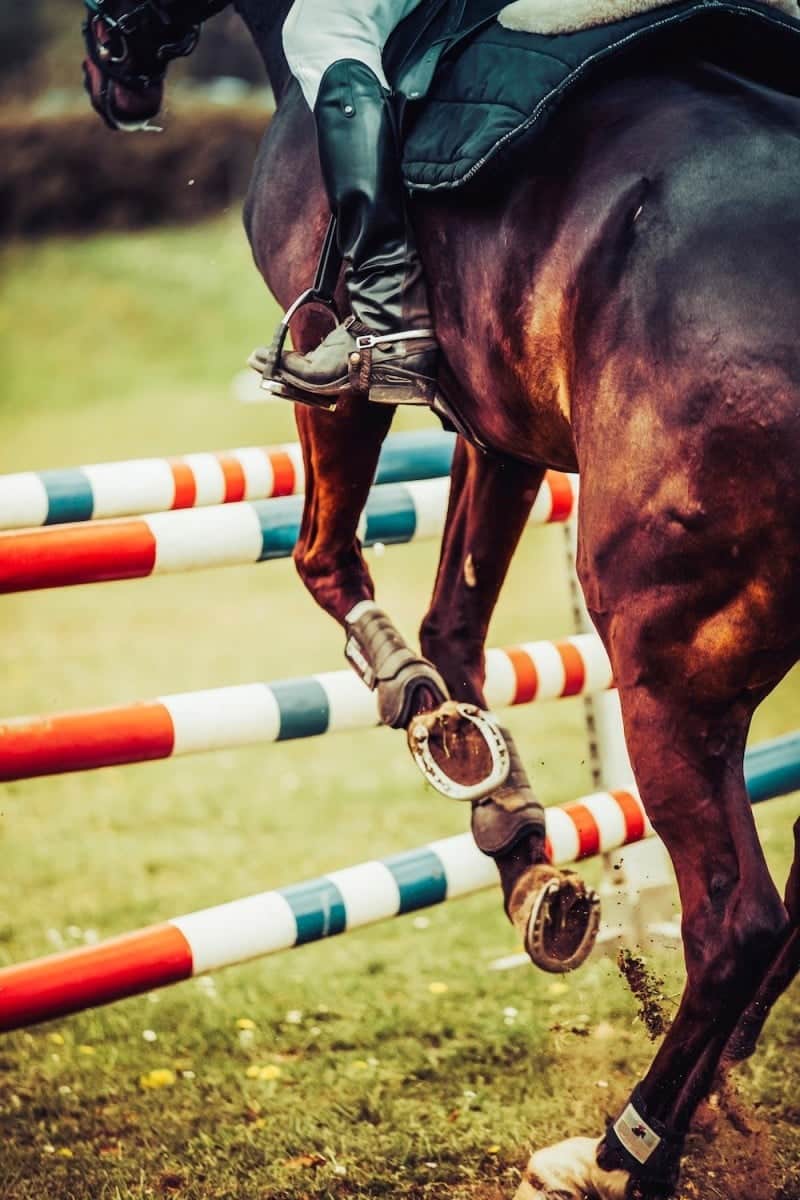Show Jumping Horse Care and Fitness

Show jumping is a demanding equestrian sport that requires horses to be in peak physical condition. Proper care and fitness routines are essential to ensure your horse performs well and remains healthy throughout its career.
Key Aspects of Show Jumping Horse Care

Nutrition
A balanced diet tailored to the horse’s workload is crucial. High-quality forage, supplemented with grains and concentrates rich in energy, protein, vitamins, and minerals, supports muscle development and recovery.
Grooming
Regular grooming helps maintain coat health, improves circulation, and allows early detection of injuries or skin conditions. Use appropriate brushes and clean tack to prevent discomfort and infections.
Veterinary Care
Routine check-ups, vaccinations, dental care, and deworming are vital to prevent illnesses and maintain overall health.
Hoof Care
Regular trimming and shoeing by a skilled farrier ensure proper hoof balance and prevent lameness.
Fitness Training for Show Jumping Horses
Conditioning
A structured conditioning program improves cardiovascular fitness, strength, and flexibility. This includes a mix of flatwork, hill work, and interval training.
Warm-Up and Cool-Down
Proper warm-up prepares muscles and joints for intense activity, reducing injury risk. Cooling down helps remove metabolic waste and aids recovery.
Rest and Recovery
Adequate rest days and recovery protocols, including massage and hydrotherapy, are essential to prevent overtraining.
Sample Weekly Fitness Schedule
| Day | Activity | Focus |
|---|---|---|
| Monday | Flatwork and stretching | Flexibility and control |
| Tuesday | Jumping exercises | Technique and power |
| Wednesday | Rest or light walking | Recovery |
| Thursday | Hill work and conditioning | Strength and stamina |
| Friday | Jumping course practice | Endurance and skill |
| Saturday | Cross-training (trail riding) | Mental relaxation |
| Sunday | Rest | Full recovery |
Frequently Asked Questions (FAQ)
Q: How often should I feed my show jumping horse?
A: Typically, horses should be fed 2-3 times daily with a focus on forage intake throughout the day.
Q: What signs indicate my horse is overtrained?
A: Signs include decreased performance, lethargy, loss of appetite, and behavioral changes.
Q: How important is hoof care in show jumping?
A: Extremely important, as healthy hooves prevent injuries and support optimal performance.
Q: Can I train my horse every day?
A: Daily training is possible but should include varied intensity and adequate rest to avoid fatigue.
By following these guidelines, you can ensure your show jumping horse remains fit, healthy, and ready to perform at its best.
